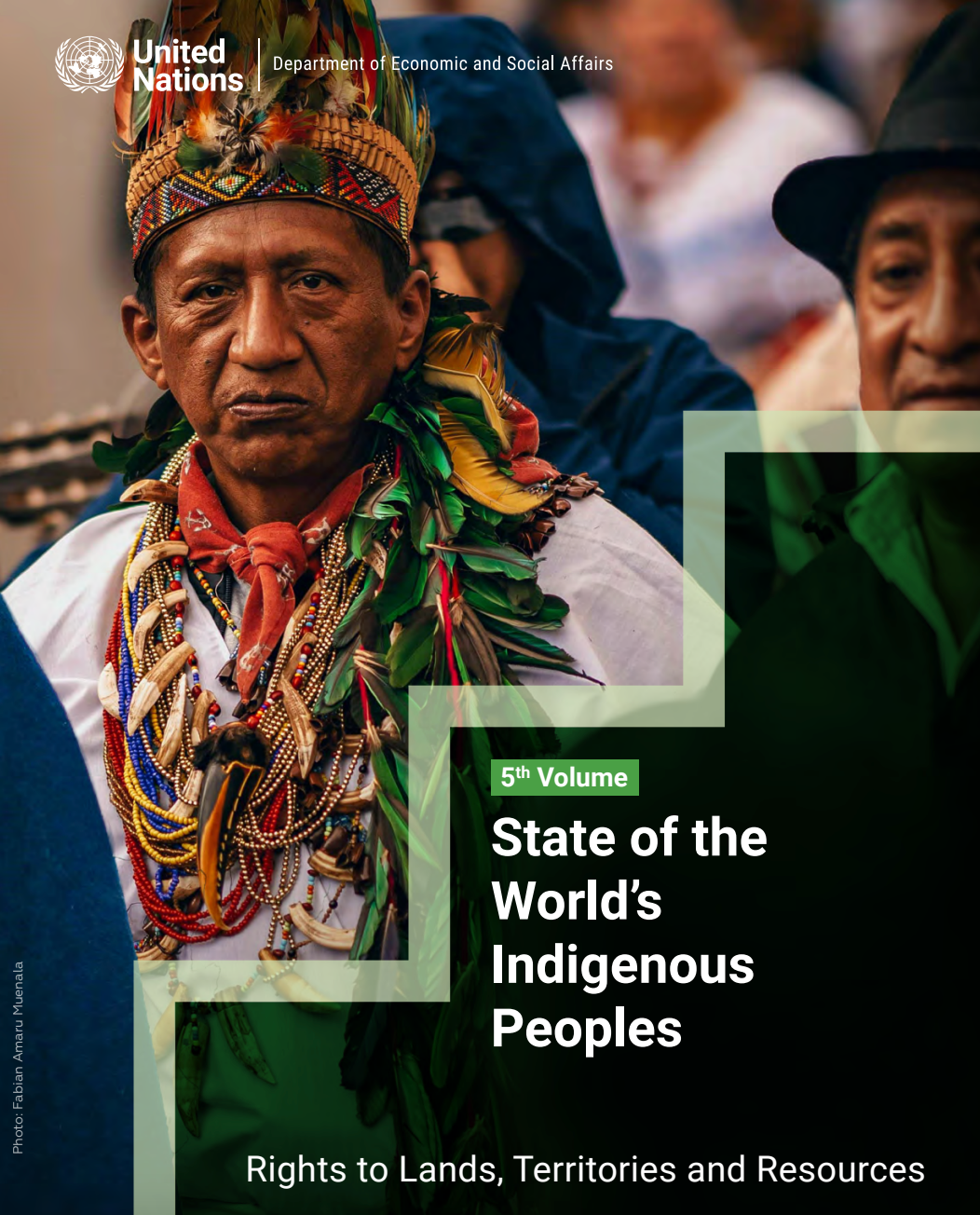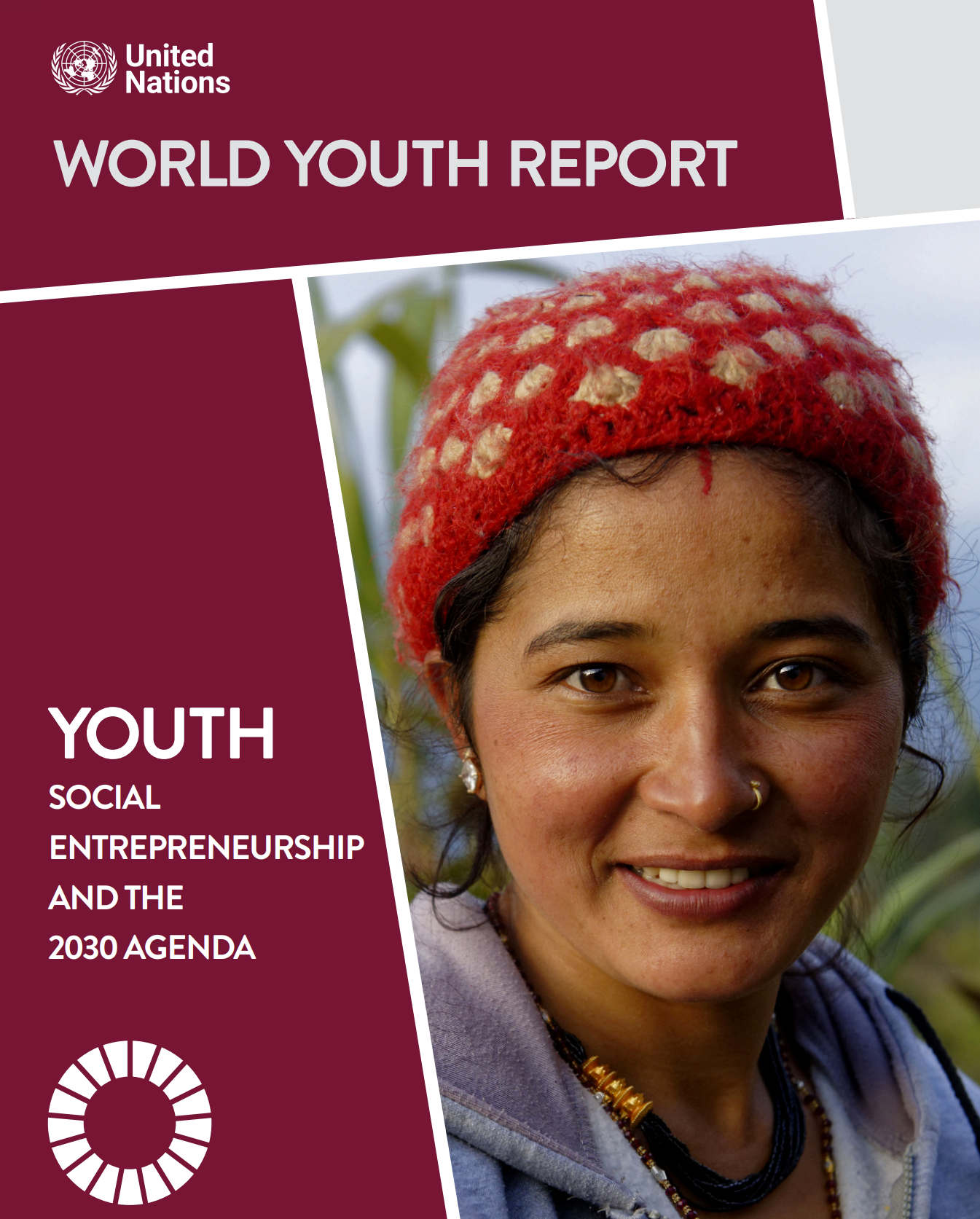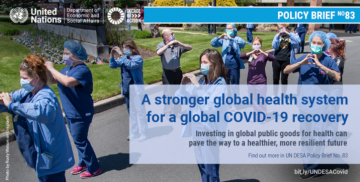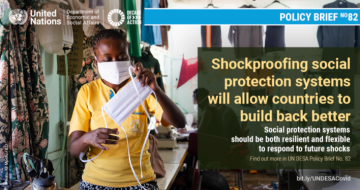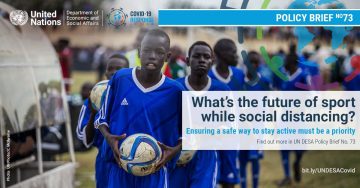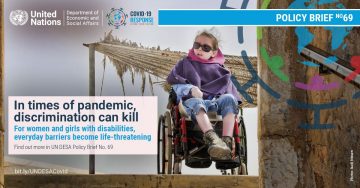Publications
Displaying 151 - 160 of 726
Flagship Reports |
Indigenous peoples’ relationship to their lands, territories and resources is at the heart of their identity, well-being and culture. Preservation of the environment, transmitted through traditional knowledge passed down through generations, is at the centre of their existence. As the world is increasingly recognizing the negative impacts of climate change and environmental degradation on health, food security and overall peace and security, the importance of indigenous knowledge and territorial rights is beginning to be more fully acknowledged by society at large.
The 2030 Agenda for Sustainable Development offers further opportunities to promote the rights of indigenous peoples to lands…
UN General Assembly Reports on Social Development |
UN General Assembly Reports on Social Development |
UN General Assembly Reports on Social Development |
The present report, submitted pursuant to General Assembly resolution 73/24, reviews progress towards implementation of the United Nations Action Plan on Sport for Development and Peace, drawing on input received from Member States, the United Nations system, and other stakeholders. Prepared in the context of the global coronavirus disease (COVID-19) pandemic, the report highlights the important role of physical activity and sport in mitigating the impact of the pandemic on health and well-being and examines the role of digital technology in helping sport to fulfill that role. It further examines means of building global resilience to counter future shocks through investment and innovation…
UN General Assembly Reports on Social Development |
The report gives a global overview of accessibility for persons with disabilities and presents ongoing efforts and progress made by Governments, the entities of the United Nations system and civil society organizations in advancing accessibility. The report also provides an update on the status of the Convention on the Rights of Persons with Disabilities and the Optional Protocol thereto. It concludes with recommendations to enhance accessibility for persons with disabilities in the implementation of the Convention and the 2030 Agenda for Sustainable Development.
Publication |
The World Youth Report: Youth Social Entrepreneurship and the 2030 Agenda seeks to contribute to the understanding of how youth social entrepreneurship can both support youth development and help accelerate the implementation of the SDGs. To do so, the Report first synthesizes the current discussion on social entrepreneurship and anchors it in the context of the 2030 Agenda. Chapter 2 of the Report then turns toward the situation of youth and examines weather youth social entrepreneurship can offer not only employment opportunities, but also support other elements of youth development such as youth participation. In the third chapter, the Report assesses the potential and the…
Policy Briefs |
Amidst deliberations on priority areas for rebuilding, much attention has been paid to the need to strengthen domestic health care, and such proposals will certainly be high on the agenda for many Governments. The crisis, however, has also shone a spotlight on the shortcomings of the global health system.
Policy Briefs |
Risks of implementing more shock responsive social protection include overwhelming demand, lack of coordination, poor targeting and negative public perception. These can be partially offset by ensuring universal access to programmes. A country’s available fiscal space and level of debt distress are key contextual factors that determine the feasibility of more shock-responsive social protection.
Policy Briefs |
Introduction
Sport is a major contributor to economic and social development. Its role is well recognized by Governments, including in the Political Declaration of the 2030 Agenda, which reflects on “the contribution sports make to the empowerment of women and of young people, individuals and communities, as well as to health, education and social inclusion objectives.”
Since its onset, the COVID-19 pandemic has spread to almost all countries of the world. Social and physical distancing measures, lockdowns of businesses, schools and overall social life, which have become commonplace to curtail the spread of the disease, have also disrupted many regular aspects of life, including sport and…
Policy Briefs |
Persons with disabilities—both visible and invisible—face obstacles and discrimination in accessing health care and other essential services, social protection and income security, mental health services, and communication technologies. In addition, women and girls with disabilities are subject to intersecting forms of discrimination related to sexual and reproductive health, gender-based violence, legal protection, unpaid care and domestic work. Women and girls with disabilities who are migrants, refugees, or from ethnic minorities endure even more hardships and unequal treatment. Gender, disability and structural inequalities, which characterized societies before the crisis, are being…
 Welcome to the United Nations
Welcome to the United Nations
